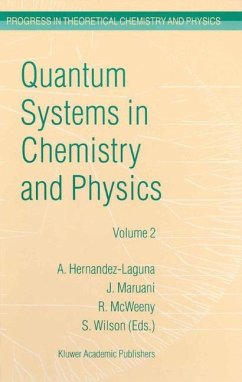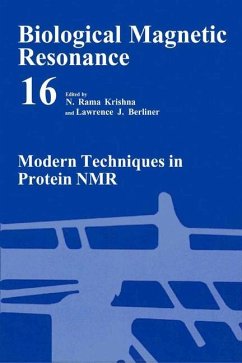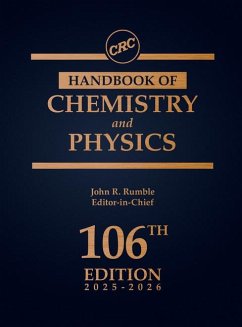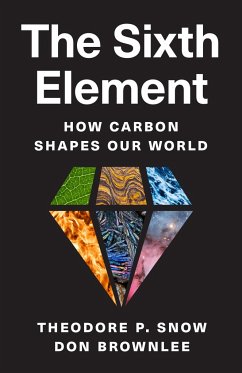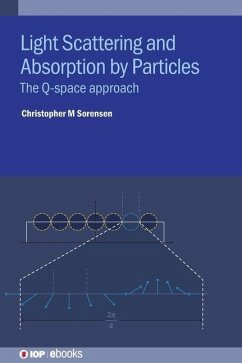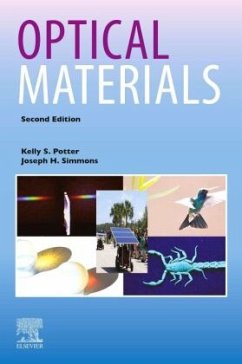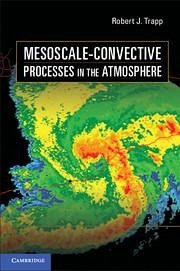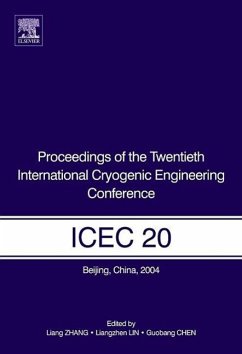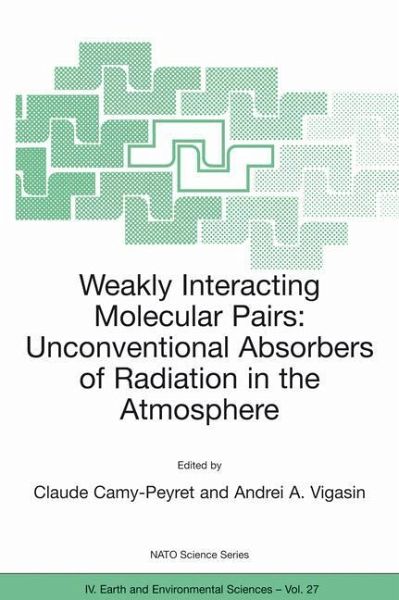
Weakly Interacting Molecular Pairs: Unconventional Absorbers of Radiation in the Atmosphere
Versandkostenfrei!
Versandfertig in 1-2 Wochen
115,99 €
inkl. MwSt.

PAYBACK Punkte
58 °P sammeln!
Proceedings of the NATO Advanced Research Workshop held in Abbaye de Fontevraud, France, from 25 to 28 March 2002
The Advanced Research Workshop entitled "Weakly Interacting Molecular Pairs: Unconventional Absorbers of Radiation in the At- sphere" was held in Abbaye de Fontevraud, France, from April 29 to May 3, 2002. The meeting involved 40 researchers from 14 countries. The goal of this meeting was to address a problem that the scienti?c community is aware of for many years. Up now, however, the so- tion for this problem is far from satisfactory. Pair e?ects are called unconventional in the title of this meeting. In speci?c spectral domains and/or geophysical conditions they are recognized to play a dominant role in the absorption/emission properties of the atmosphere. Water vapor continuum absorption is among the most prominent examples. Permanently improving accuracy of both laboratory studies and ?eld observations requires better knowledge of the spectroscopic features - tributable to molecular pairs which may form at equilibrium. The Workshop was targeted both to clarify the pending questions and, as far as feasible, to trace the path to possible answers since the underlying phenomena are yet incompletely understood and since a reliable theory is often not available. On the other hand, the lack of precise laboratory data on bimolecular absorption is often precluding the construction of reliable theoretical models. Ideally, the knowledge accumulated in the course of laboratory studies should correlate with the practical demands from those who are carrying out atmospheric ?eld measurements and space observations.





